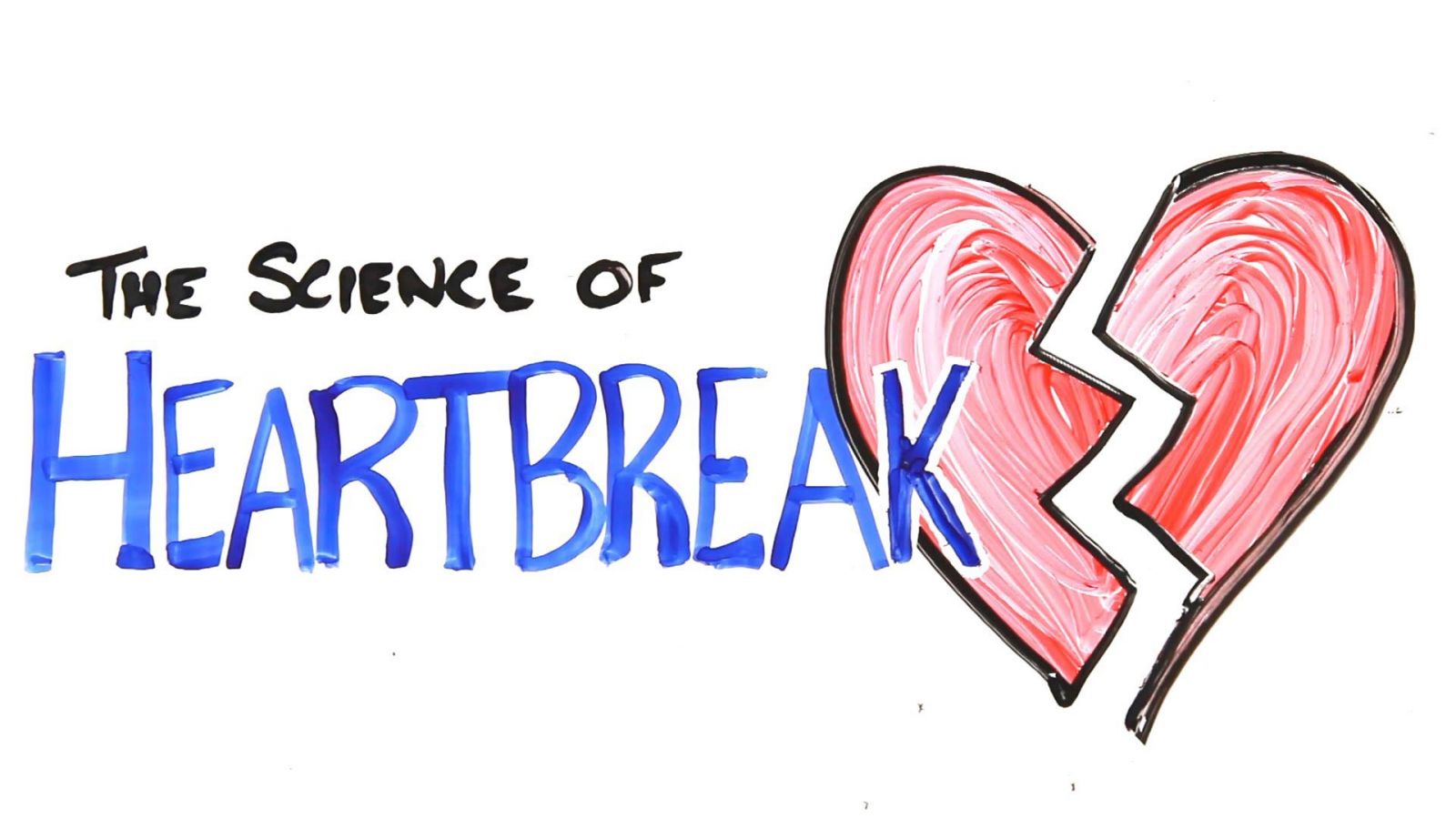Too much happiness can lead to a condition known as the “broken heart syndrome”, a study published in the European Heart Journal claims.
The researchers analysed medical data from 1,750 patientsregistered in 25 collaborating centres across nine countries, who had suffered from takotsubo cardiomyopathy (TTS), the other name for the disease. This rare syndrome is characterised by a sudden temporary weakening of the heart, which sees the left ventricle changing shape to resemble.
The name ‘takotsubo’ actually comes from Japanese and means ‘octopus pot’. It is what the left ventricle starts to look like, with a round bottom and a narrow neck, when the patient develops the symptom.
It leads to chest pains and breathlessness, and in the worse cases, the patient can suffer from a heart attack and die.
Emotional trigger
Previous studies have suggested that the condition occurs after an intense negative emotion such as anger, grief, sadness or fear, which is why the syndrome has also received the name of “broken heart syndrome”. However, this new study points out that happiness and great moments of joy can also be blamed.
Among the 1,750 patients assessed, researchers found an emotional cause to the syndrome in 485 cases. For a majority of them, it was emotional distress that was involved, but in 20 cases (4% of patients), patients developed the syndrome in a particularly joyful context, whether during a wedding, a part, or after the victory of the person’s favourite sports team.
“We have shown that the triggers for TTS can be more varied than previously thought. A TTS patient is no longer the classic ‘broken hearted’ patient, and the disease can be preceded by positive emotions too. Clinicians should consider that patients who arrive in the emergency department with signs of heart attacks, such as chest pain and breathlessness, but after a happy event or emotion, could be suffering from TTS ,” says Dr Jelena Ghadri, who co-authored the publication.
More research needed
The study also notes that 95 % patients with the syndrome, whether they had suffered from a tragic event or had just lived a happy moment, were women, and a majority were above 65 years old. For scientists, this is another confirmation that the syndrome occurs mostly in post-menopausal women.
However, much remains unknown about the condition. The reason why emotions can trigger it remains a mystery, although the scientists believe it can be explained by the complex relations that exist between the brain and the rest of the body.
“We believe that TTS is a classic example of an intertwined feedback mechanism, involving the psychological and/or physical stimuli, the brain and the cardiovascular system. Perhaps both happy and sad life events, while inherently distinct, share final common pathways in the central nervous system output, which ultimately lead to TCS,” says Dr Templin.
With his team, he is currently putting this theory into practice by using functional MRI to study the different parts of the brain involved in emotional responses, and to uncover a potential link with the heart.







